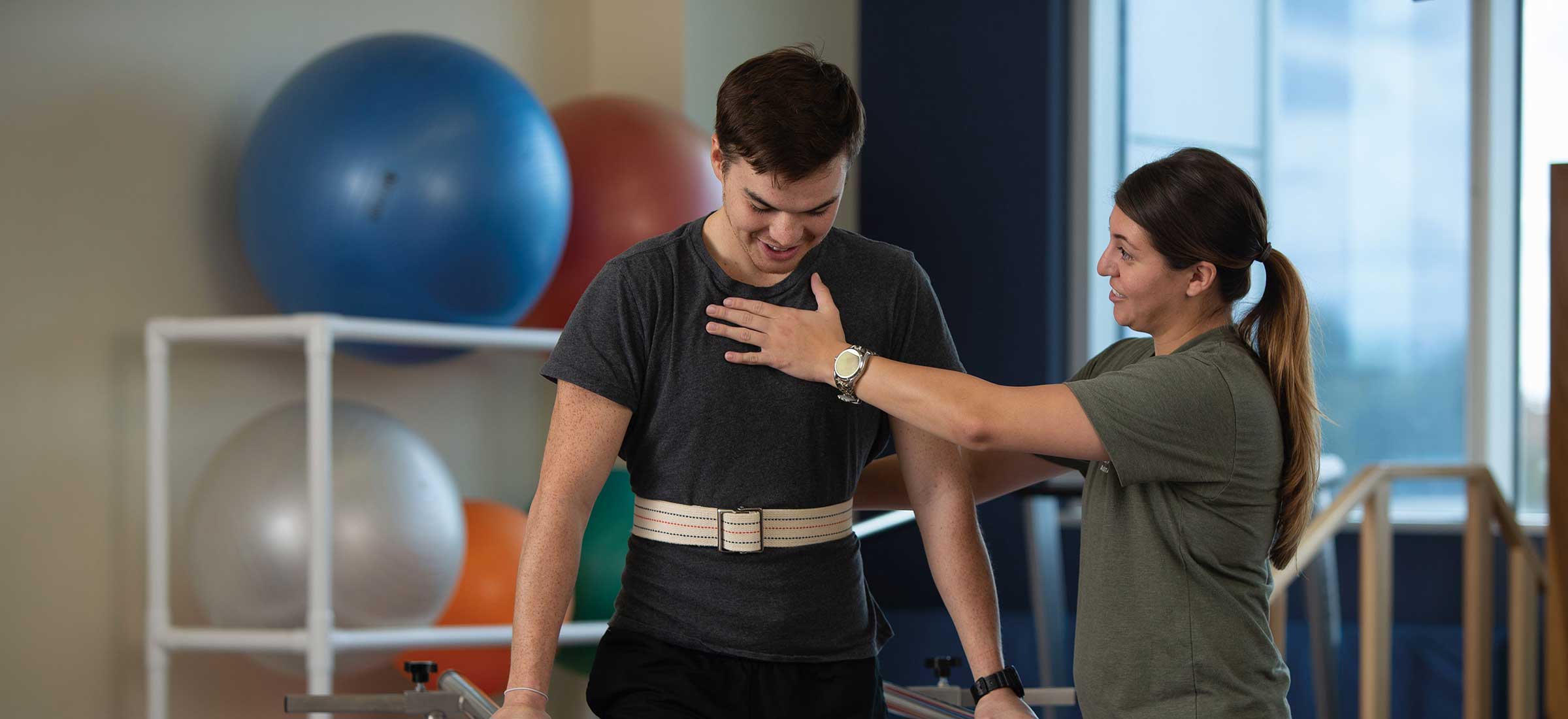The Essential Effect of Resistance Exercise on Enhancing Rehabilitation and Performance in Athletic Recovery
The Essential Effect of Resistance Exercise on Enhancing Rehabilitation and Performance in Athletic Recovery
Blog Article
Resistance training plays a vital role in sports rehabilitation, assisting athletes recover from traumas and enhance their overall performance. When an individual sustains injured, their body needs time to heal. However, during this rehabilitation period, it is crucial to preserve strength and flexibility to avoid further damages. Resistance training can be tailored to suit the requirements of each individual, focusing on particular muscle groups that may have been impacted by the injury. This focused approach not only assists in rehabilitation but also prepares the individual to return to their activity more robust than before.
One of the primary benefits of resistance training in recovery is its ability to improve muscle power and endurance. When muscular tissues are more powerful, they can better support articulations and reduce the chance of re-injury. For instance, an athlete healing from a knee injury can gain from exercises that fortify the quadriceps and back thigh muscles. These muscular tissues play a vital part in supporting the knee articulation. By incorporating resistance training into their rehabilitation plan, athletes can recover their power more efficiently and securely.
In addition to developing strength, resistance conditioning also improves mobility and range of movement. Many traumas can lead to rigidity in the affected region, making it difficult for athletes to navigate freely. Strength conditioning over at this website exercises often include stretching and elongating the muscles, which can help restore mobility. For instance, adding weight bands or dumbbells into stretching routines can improve the efficacy of these exercises. As mobility improves, individuals can execute movements more effectively, which is crucial for optimal performance in their activity.
Another important factor of resistance training in sports rehabilitation is its beneficial effect on mental health. Recovering from an trauma can be a difficult and frustrating experience for athletes. Participating in strength conditioning can provide a sense of accomplishment and enhance self-esteem. As individuals see improvements in their strength and capabilities, they may experience more motivated to persist their rehabilitation journey. This mental boost can be just as crucial as the physical benefits, as a positive attitude can result to improved results in rehabilitation.
Finally, strength training can assist individuals transition back to their sport more seamlessly. Once they have recovered their power and flexibility, athletes must to practice sport-specific actions to guarantee they are ready for competition. Resistance conditioning can be integrated with sport-specific exercises to create a holistic rehabilitation plan. This combination allows individuals to not only heal but also enhance their performance. By concentrating on both rehabilitation and performance, resistance conditioning becomes an essential tool in the recovery process, helping individuals come back to their activity more robust and more resilient.